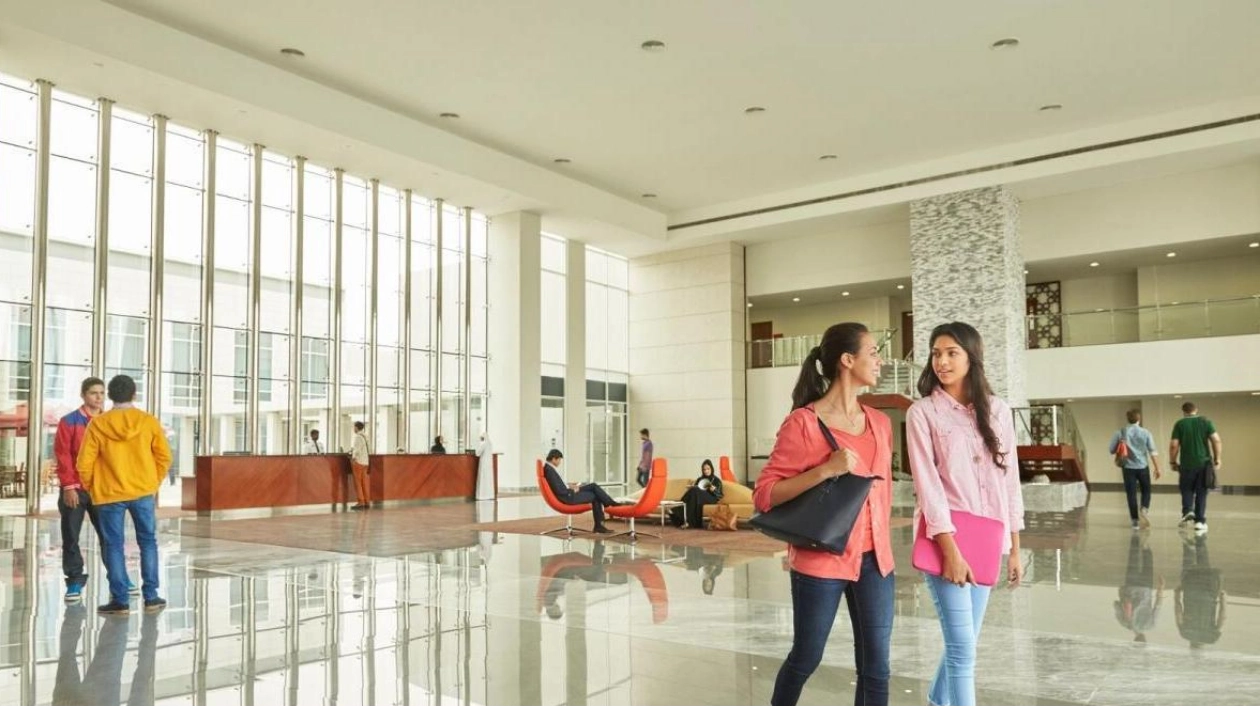Indian universities and higher education institutions are now authorized to conduct admissions twice annually, mirroring the practices of international universities, as stated by the University Grants Commission (UGC) Chairman, Jagadeesh Kumar. The two admission periods will be July-August and January-February, commencing from the academic year 2024-25. Chairman Kumar highlighted that this change will assist students who might have missed the July/August intake due to delayed board results, health issues, or personal reasons, thereby maintaining their motivation without a year-long wait for the next cycle. Currently, under UGC regulations, Higher Education Institutions (HEIs) admit students once a year starting in July/August. However, following the UGC's 571st commission meeting on July 25, 2023, biannual admissions were approved for Open and Distance Learning (ODL) and Online modes in January and July. Data from the UGC DEB portal shows significant student interest, with 19,73,056 students enrolled in July 2022 and an additional 4,28,854 in January 2023. Based on this response, the UGC decided on May 15, 2023, to extend the option of biannual admissions to institutions offering regular programs, starting from the upcoming academic year. This flexibility is not compulsory but allows HEIs to enhance student intake and introduce new programs. To implement biannual admissions, HEIs must adjust their institutional regulations. Chairman Kumar also noted that industries could conduct campus recruitment twice a year, boosting employment prospects for graduates. This system will also help HEIs manage resources more effectively, improving overall university operations. Embracing biannual admissions aligns Indian institutions with global standards, potentially enhancing international collaborations and exchanges, and boosting India's global educational competitiveness. Kumar emphasized that biannual admissions could significantly increase the Gross Enrolment Ratio and position India as a 'Global Study Destination', as envisioned in the National Education Policy (NEP) 2020. He also pointed out the need for HEIs to manage administrative complexities and ensure smooth transitions for students admitted at different times.

Text: Lara Palmer
11.06.2024
UGC Chairman Announces Twice-Yearly Admissions Starting 2024-25, Aligning with Global Standards





